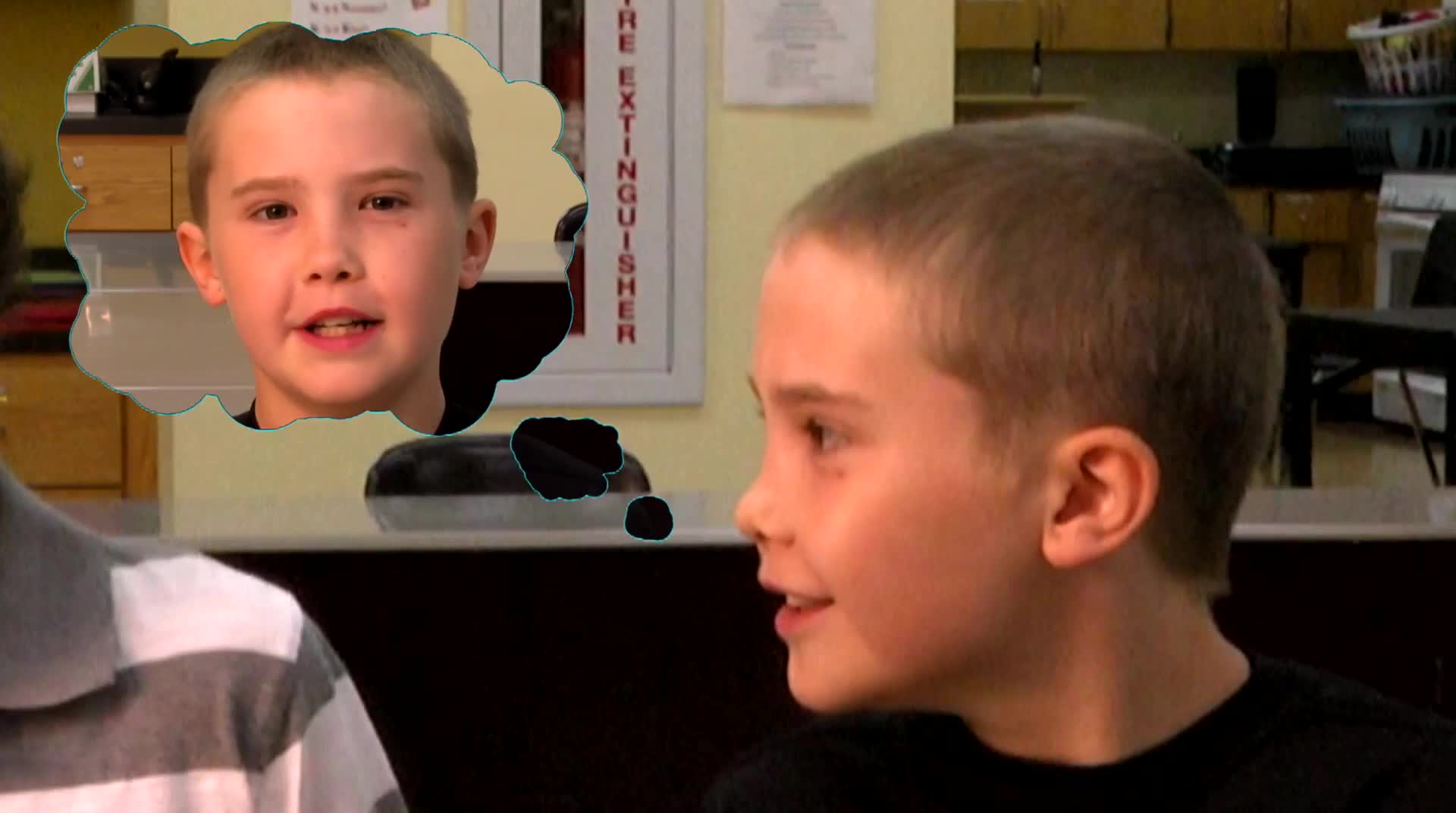
Introduction
In special education, understanding and respecting personal space is a crucial skill for kindergarten students. Developing this skill fosters positive social interactions and overall well-being, enabling students to build strong relationships with their peers and educators.
Understanding Personal Space
Personal space refers to the invisible bubble around each individual, which helps them feel comfortable and secure. Respecting personal space is vital for students’ learning, social interactions, and well-being. When personal space boundaries are violated, it can lead to feelings of discomfort and negative thoughts about the person who intruded.
The Role of Specialists
Various specialists can support the development of personal space understanding in kindergarten students:
- Speech-Language Pathologists: They can help students understand the verbal and non-verbal cues associated with personal space.
- Social Workers: They can work with students to practice respecting personal space in various social situations.
- Psychologists: They can provide guidance on the emotional aspects of personal space and help students understand why it is essential.
- School Counselors: They can support students in implementing personal space strategies and provide ongoing feedback for improvement.
IEP Goals for Personal Space
Here are some specific SMART IEP goals to help kindergarten students develop personal space understanding:
Goal 1: Recognize Personal Space Boundaries
By the end of the school year, the student will demonstrate an understanding of personal space boundaries by maintaining an appropriate distance from peers and adults in 4 out of 5 observed instances.
Strategies and activities:
- Use visual aids to illustrate personal space boundaries.
- Practice role-playing scenarios that involve respecting personal space.
- Provide regular feedback and reinforcement for appropriate personal space behaviors.
Goal 2: Respond Appropriately to Personal Space Violations
By the end of the school year, the student will respond appropriately to personal space violations by calmly expressing their discomfort and requesting more space in 4 out of 5 observed instances.
Strategies and activities:
- Teach students how to use “I” statements to express their feelings about personal space.
- Practice role-playing scenarios where students must assert their personal space needs.
- Encourage open communication and self-advocacy skills.
Implementing and Measuring Progress
To effectively implement and measure progress for these IEP goals:
- Collaborate with specialists to develop and implement strategies and activities.
- Monitor students’ progress through regular observation and documentation.
- Provide ongoing feedback and support to help students improve their personal space understanding.
- Adjust goals and strategies as needed based on students’ progress.
Conclusion
Teaching personal space is essential for kindergarten students’ social and emotional development. By implementing these IEP goals and collaborating with specialists, educators can help students understand and respect personal space boundaries. Don’t hesitate to apply these goals and strategies in your classroom, and for additional resources, explore the sample materials at Everyday Speech Sample Materials.





